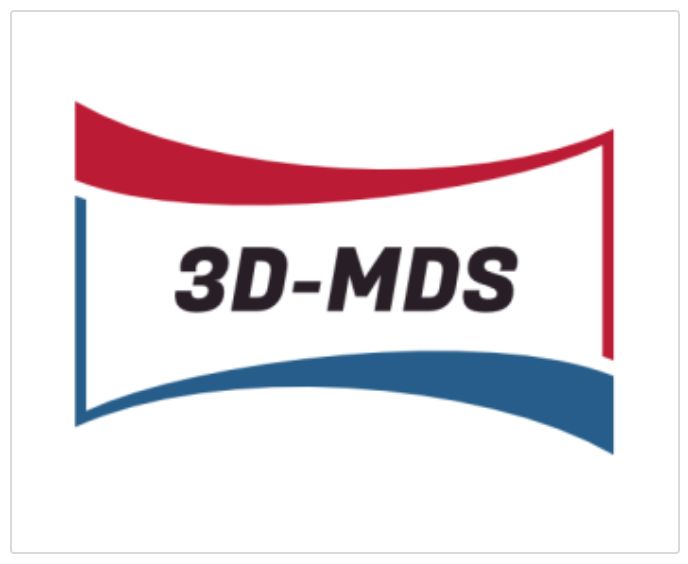SMRP, PMI, ASQ or any other institution validates knowledge of and competency in the profession acquired through education, experience, professional development, community involvement, and a sound examination. These factors are based on widely accepted theories of the professionalization of careers, an extensive literature review, the expertise of highly experienced authorities in the field, and examination development processes of the respective bodies. Unlike a certificate of completion, certification is not based on completion of an activity or a course of study.
Oftentimes, people mistake a “certificate of completion,” or “assessment-based certificates” as a “professional certification” or “credential.”
Certificate of Attendance or Participation
- Provided to individuals (participants) who have attended or participated in classes, courses, or other education/training programs or events.
- Demonstrating accomplishment of the intended learning outcomes by participants is NOT a requirement for receiving the certificate.
Assessment-Based Certificate Programs
- Provides instruction and training to aid participants in acquiring specific knowledge, skills, and/or competencies associated with intended learning outcomes.
- Evaluates participants’ accomplishment of the intended learning outcomes.
- Awards a certificate only to those participants who meet the performance, proficiency, or passing standard for the assessment(s) (hence the term, “assessment-based certificate program”).
Professional Certification
- Time-limited recognition and use of a credential to individuals who have demonstrated that they have met predetermined and standardized criteria for required knowledge, skills, or competencies.
- Primary focus on assessment (as opposed to providing education/ training); independence of the assessment process from any education/training program or provider.
- Linkage of the assessment to predetermined standards for knowledge, skills, or competencies, rather than to the learning outcomes of a particular education/training program.
- The ability of certificants to use a credential or letters following their names to indicate they have satisfactorily met the requirements for certification.
When you see the terms “certificate” or “certification” bantered about in marketing materials and promotions, take a moment to determine if the noted “certificate” is a certificate of completion, an assessment-based certificate tied to a particular training or a profession certificate designed within the strict guidelines described above. And remember: a certificate of attendance or completion states that an individual has completed a class or course and achieved a certain level of success in understanding the principles taught in the course. A professional certification or credential is an objective measure of a person’s level of experience and expertise in the profession — as defined independently by the profession as a whole.
Reference: http://www.credentialingexcellence.org

